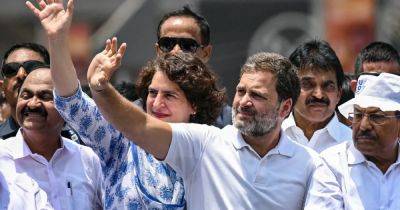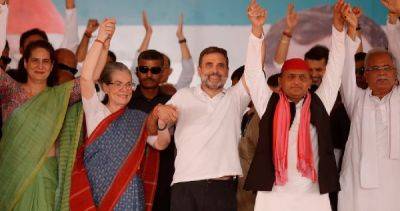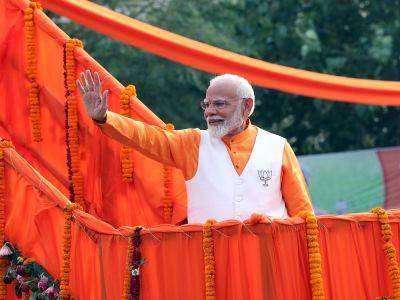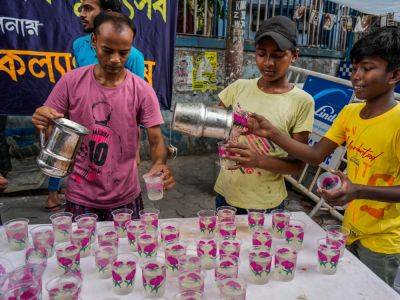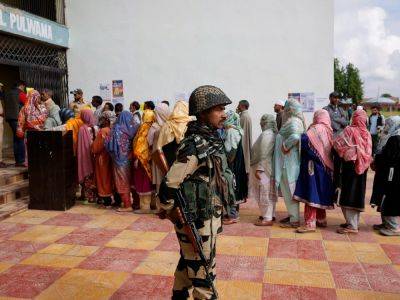India Lok Sabha election 2024 phase 3: Who votes and what’s at stake?
Voters in 94 constituencies across 12 states and territories go to the polls on May 7, in the third of seven phases of the world’s largest election.
Millions of Indians will cast their ballots on May 7 in the third phase of a seven-phase election, which will feature India’s powerful interior minister, a perfume baron and the scion of a former princely state.
Minister of Home Affairs Amit Shah, Prime Minister Narendra Modi’s right-hand man, is seeking re-election from the city of Gandhinagar in Gujarat State.
Meanwhile, Jyotiraditya Scindia, the minister of civil aviation and steel as well as the grandson of the last ruler of the princely state of Gwalior, is contesting from the city of Guna in Madhya Pradesh state while Badruddin Ajmal, the owner of the perfume brand Ajmal, is on the ballot from Dhubri in the northeastern state of Assam.
Voters will decide the fates of 1,351 candidates running for 94 seats in the Lok Sabha, the lower house of the Indian Parliament. The constituencies are spread across 12 states and federally governed territories, with Gujarat, Modi’s home state, voting on 25 seats. Voters will not choose who will fill Gujarat’s Surat seat because the ruling Bharatiya Janata Party (BJP) candidate was declared the winner after all his opponents withdrew.
Below-average voter turnout, anti-Muslim hate speeches and allegations of Election Commission bias marked the first two phases on April 19 and 26 of the world’s largest-ever democratic exercise. About 969 million registered voters will vote in 543 parliamentary constituencies spread across 36 states and federally governed territories – called union territories.
A coalition of 26 parties called the Indian National Developmental Inclusive Alliance (INDIA),


